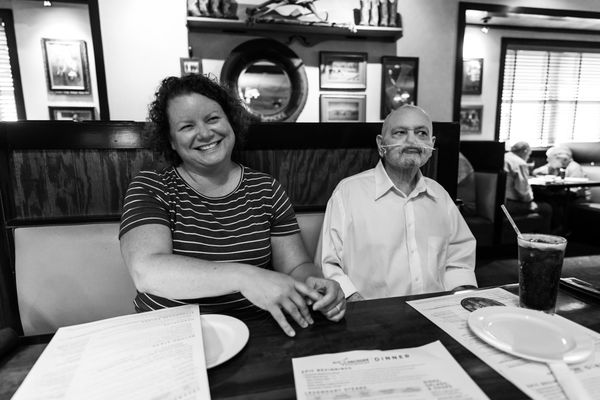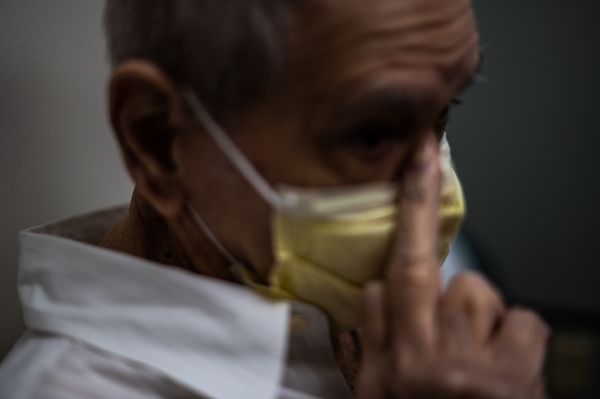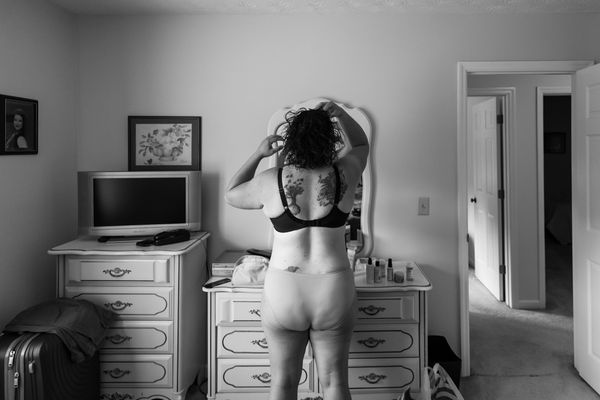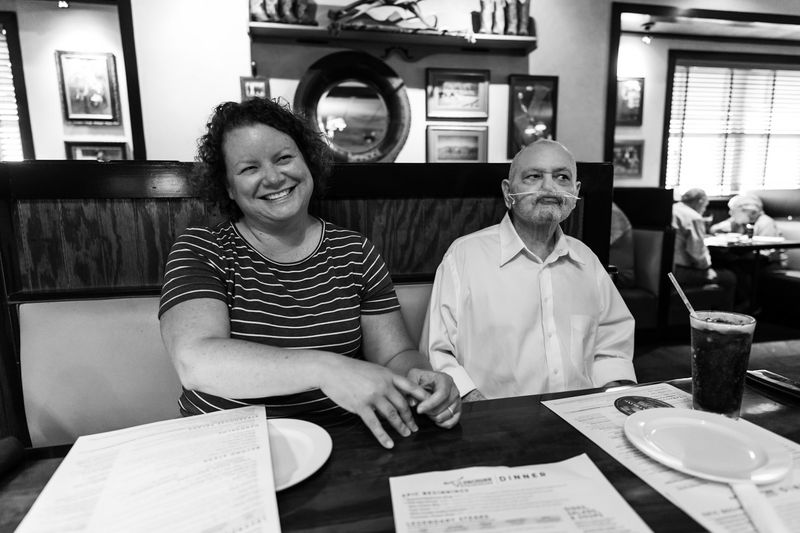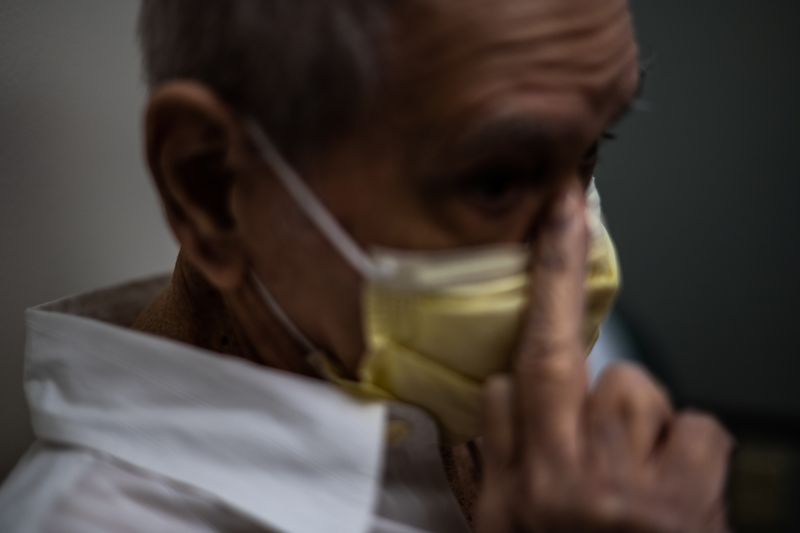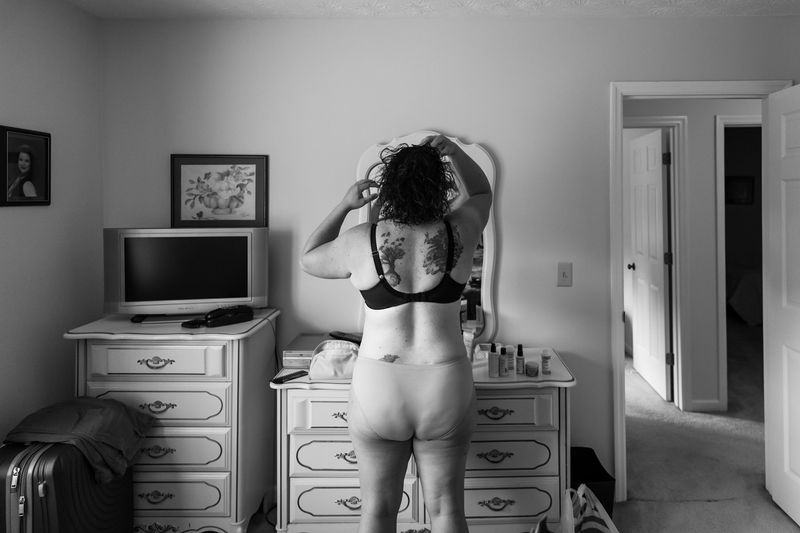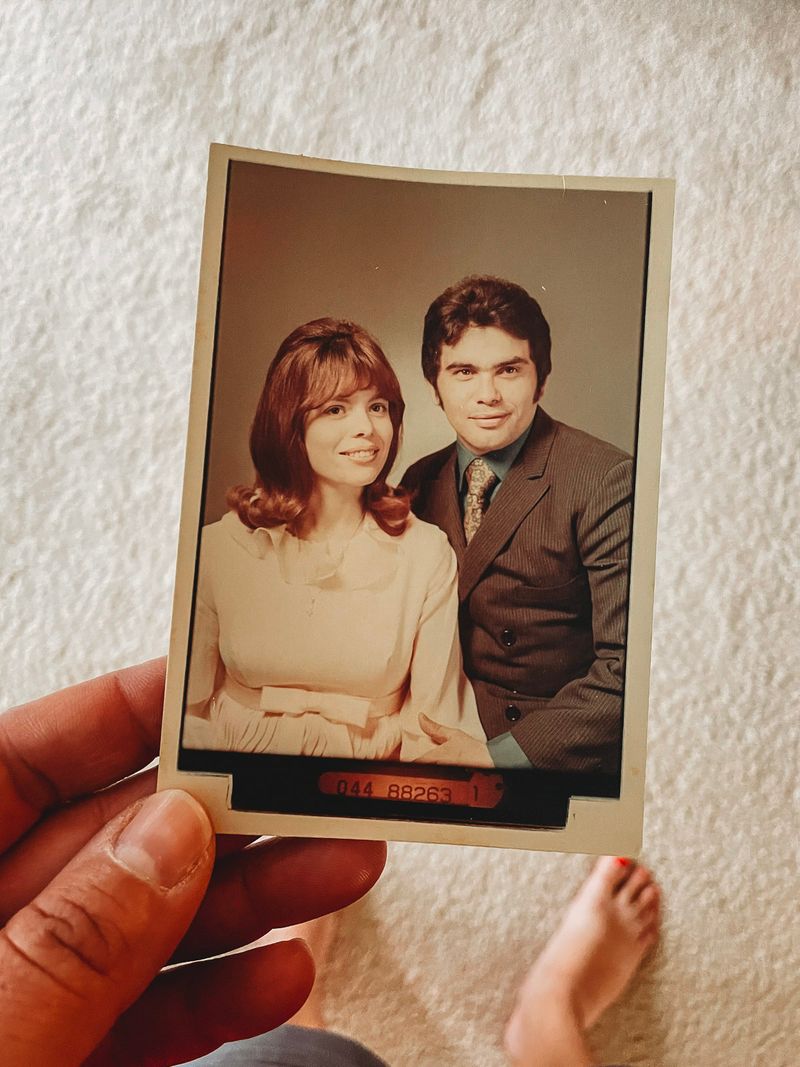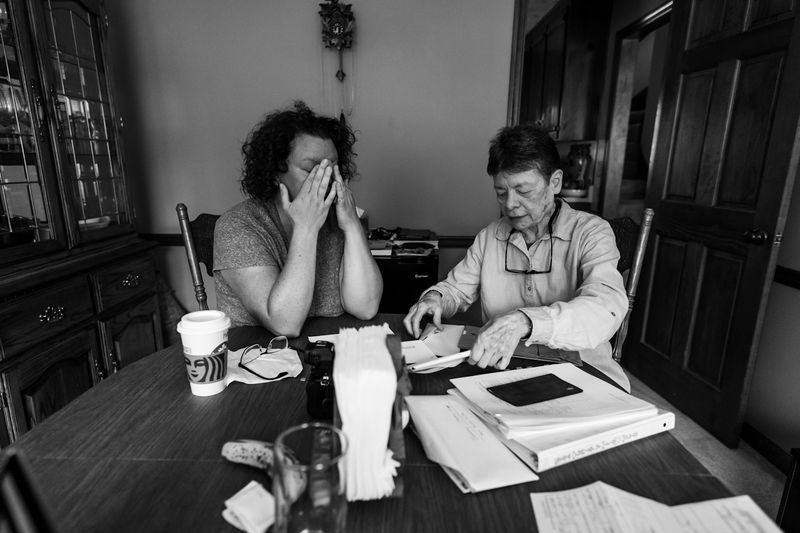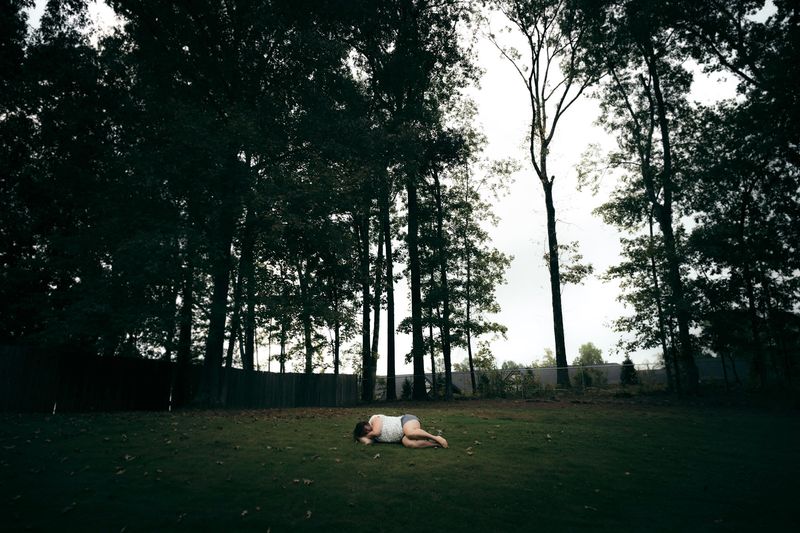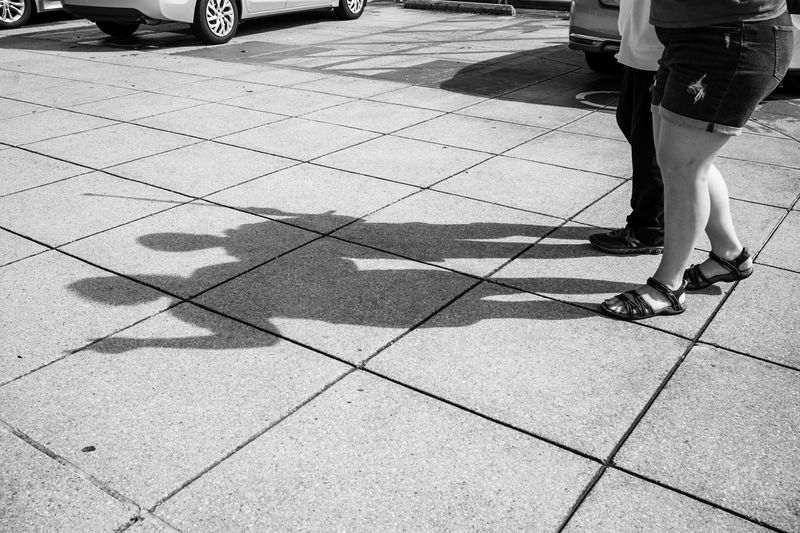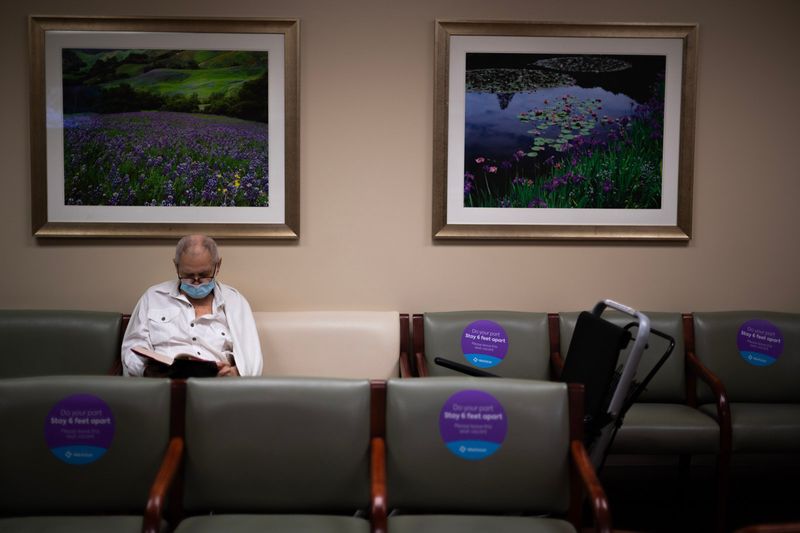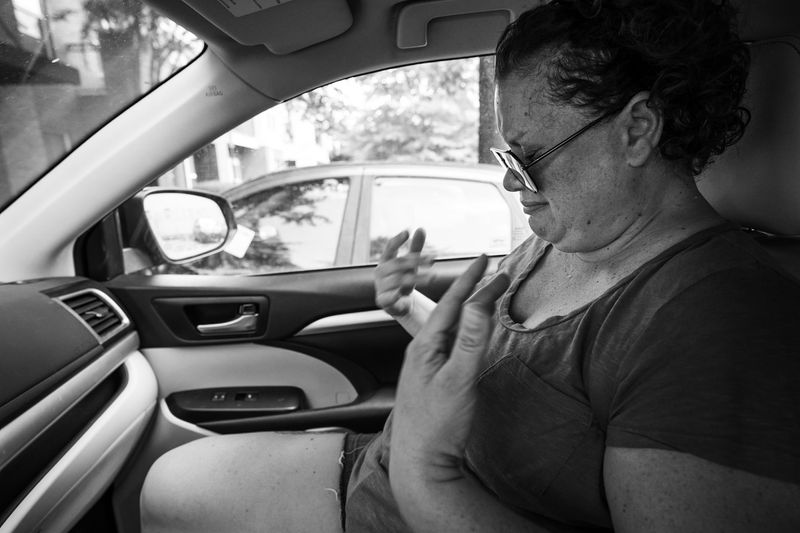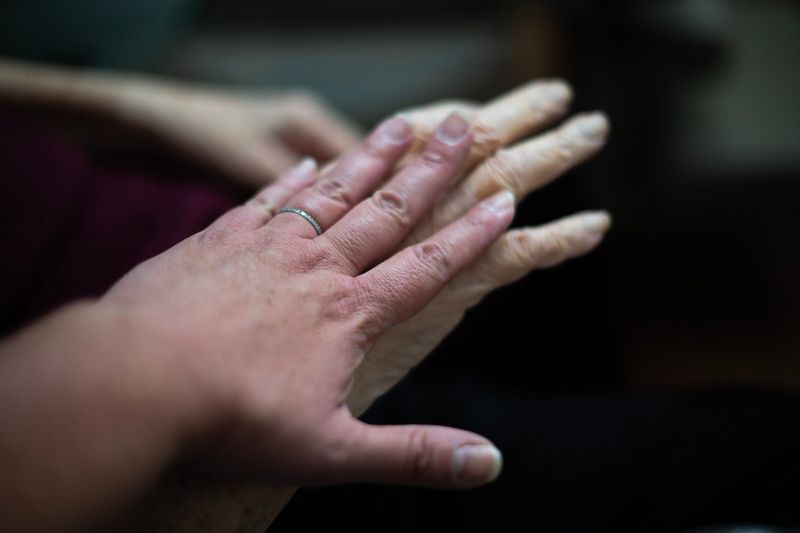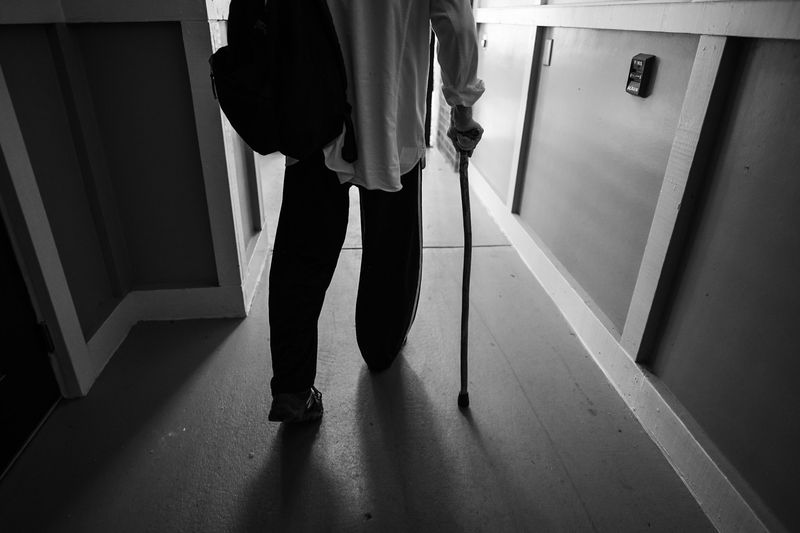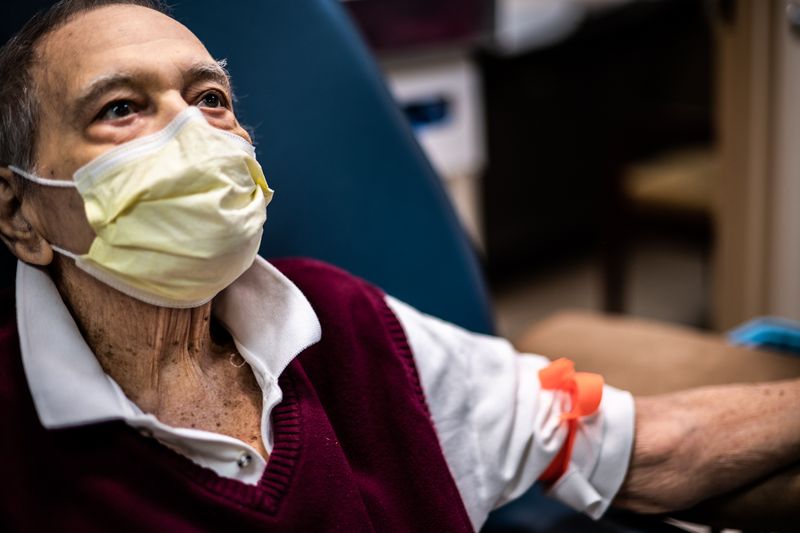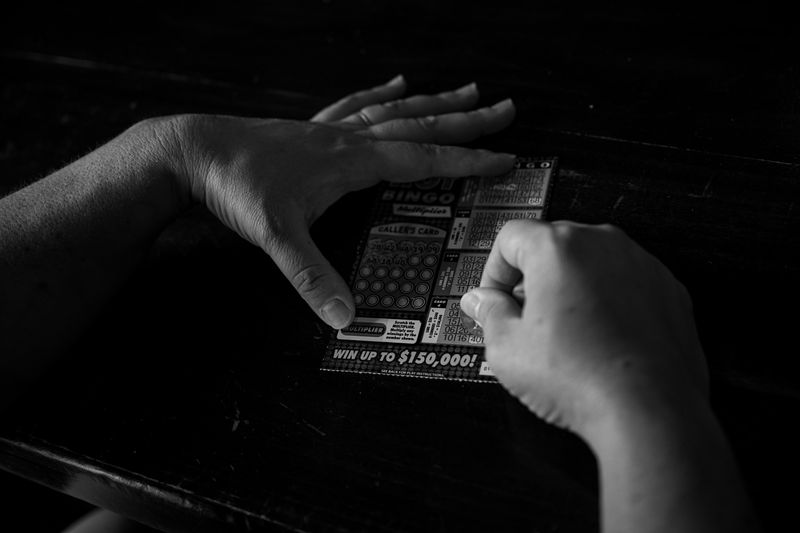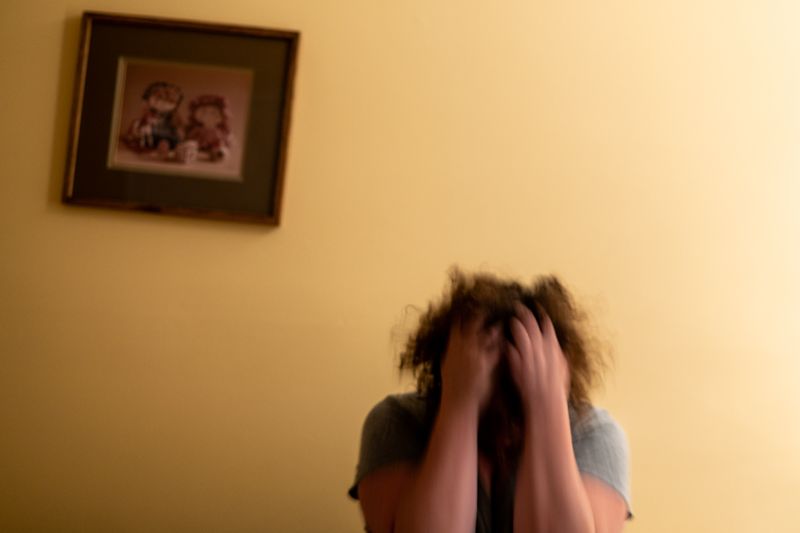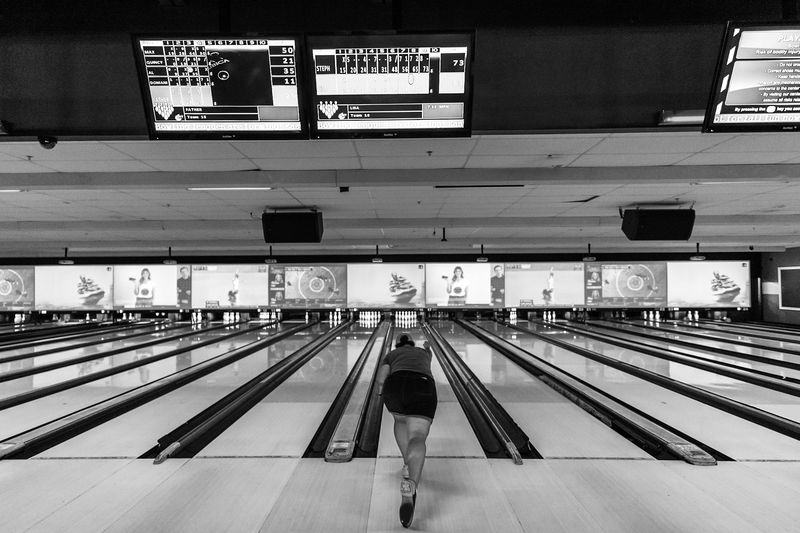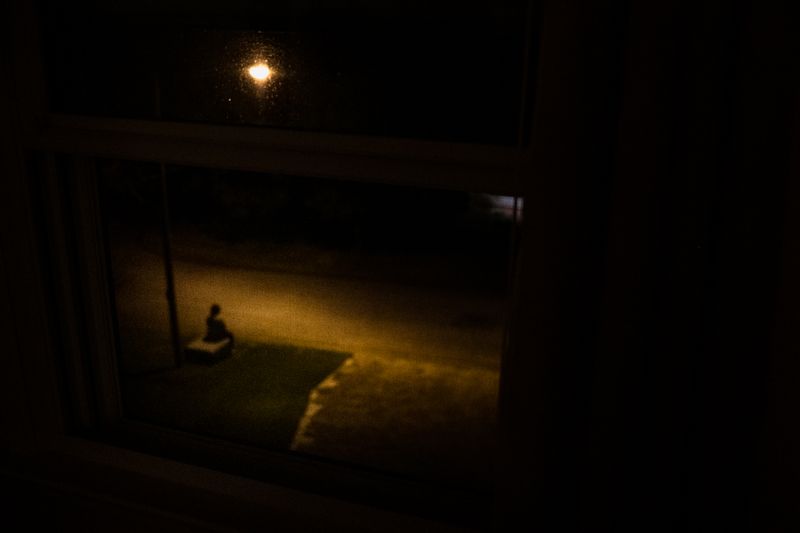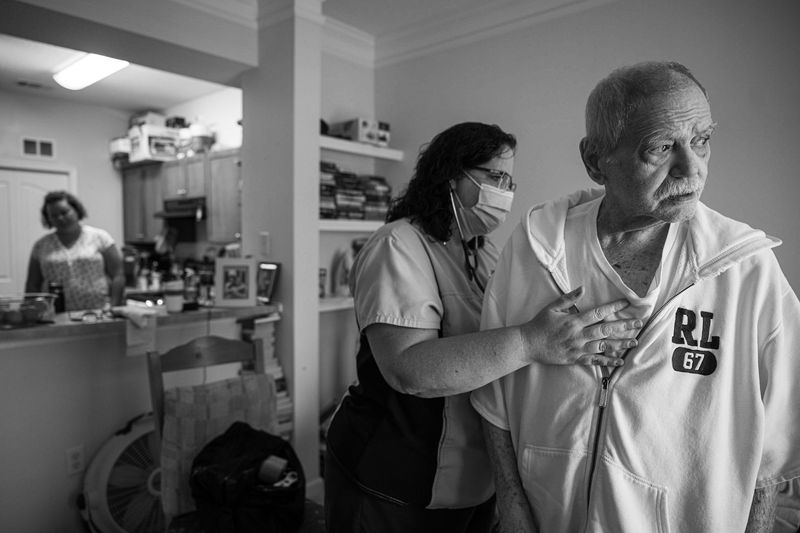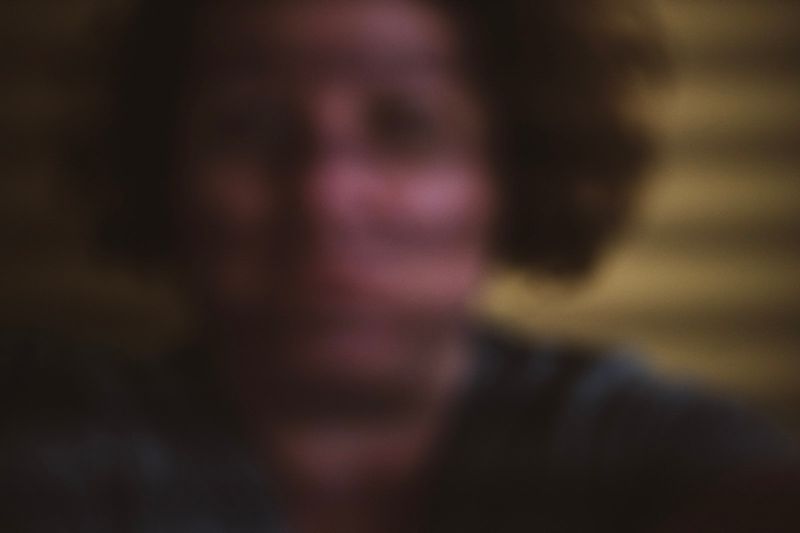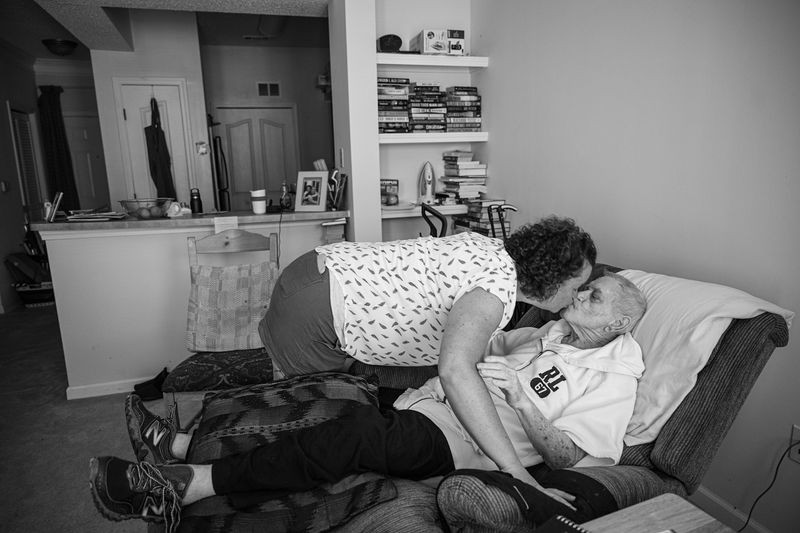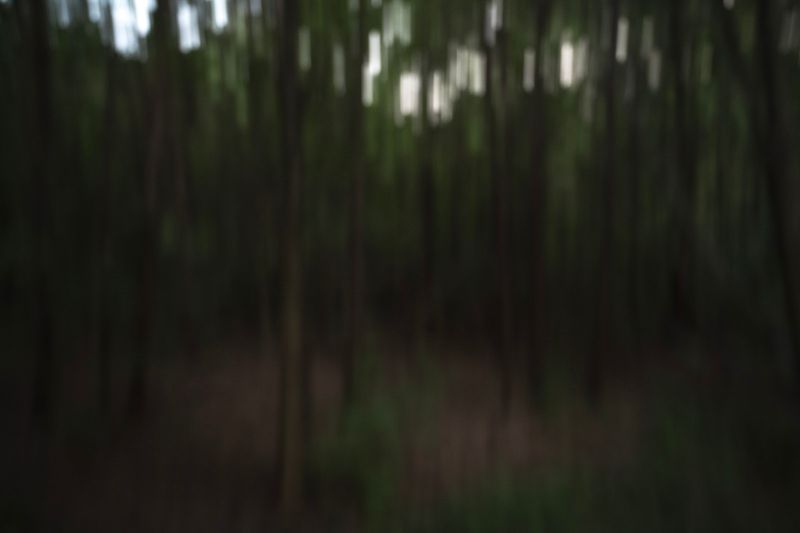The Daughterhood Project - The Untold story of family caregiving
-
Dates2021 - Ongoing
-
Author
- Topics Daily Life, Social Issues, Documentary
- Locations Georgia, United States
Captured in partnership with Florida-based photographer Stephana Ferrell, The Daughterhood Project is a photographic documentation of my caregiving experience alongside my terminally ill father.
The Daughterhood Project is a photo story of family caregiving. As the only child of divorced parents, I’ve always understood that it would be my responsibility to care for my parents when they reached a certain age. That time has come, and the challenge of caring for an elderly parent is greater than I ever imagined.
My father has terminal cancer. We reside on opposite coasts from one another - he in Georgia, I in California. Every few weeks I leave my husband, children, and business behind to travel to Georgia and manage my father’s overall care. When not in Georgia, a team of hired caregivers take my place in whatever capacity my father will allow. The financial, physical, and emotional strain of juggling it all is significant. As a society, we acknowledge that long-term care for our elderly is severely lacking across all platforms. Caregiver support is even less prevalent. And with birth rates continually declining, we will soon live in an upside-down society with more elderly than there are caregivers available. Within the last 5 years, the number of Americans providing unpaid elder care has increased by 10 million. Of the 53 million unpaid caregivers in the United States, over 60% are women - daughters and granddaughters, just like myself. The need for visibility on this topic is now.
This project is being captured in partnership with Florida-based photographer Stephana Ferrell. Stephana travels to Georgia during my visits to document the experience from an outside perspective, while I photograph from a first-person perspective. Together, the images show a complete picture of the realities of caring for an elderly parent without any additional familial support. We know my story is far from a solitary one and will only become more common with the continued retirement of the Baby Boomer generation.
The project will continue until the passing of my father and the spreading of his ashes in Puerto Rico, his birthplace. Additionally, we will launch a website – The Daughterhood Project – which will become a repository of resources to raise awareness and will also assist in enacting change at the government level.
